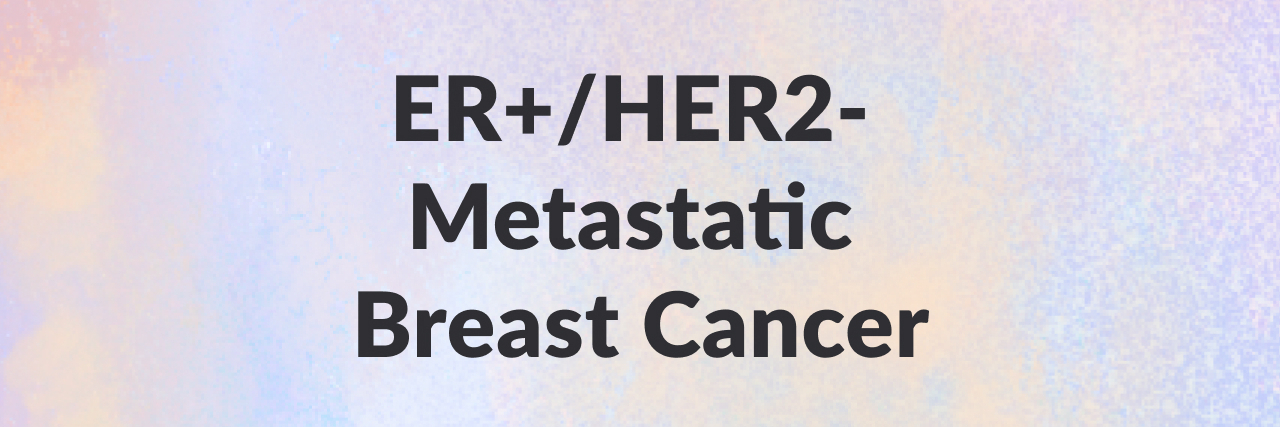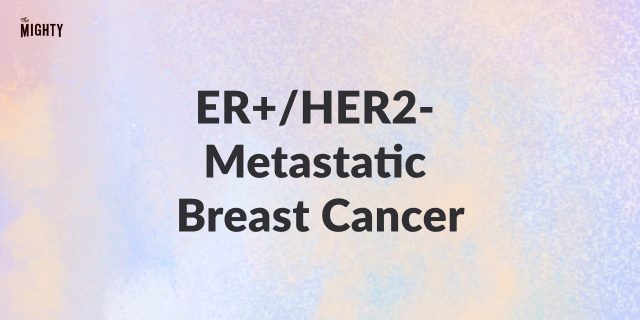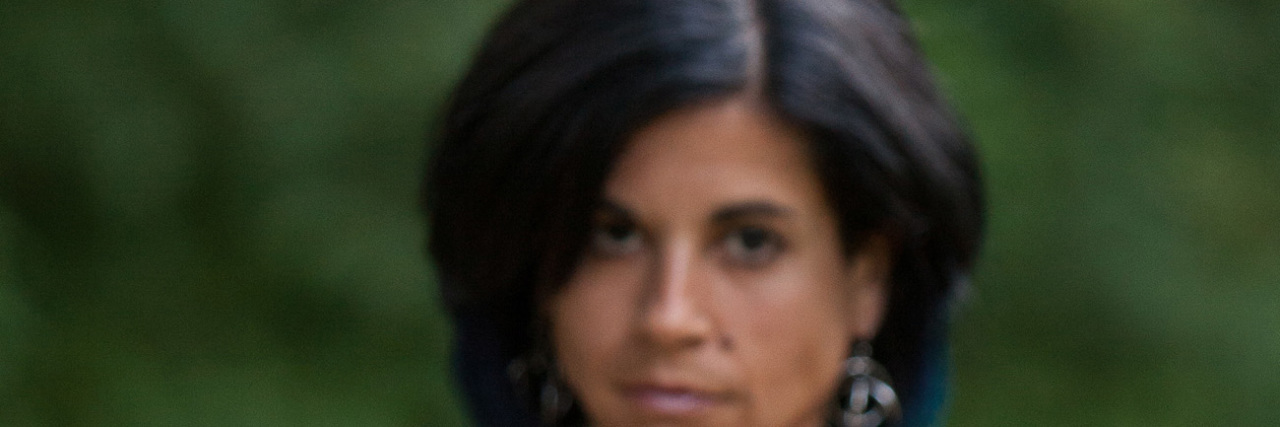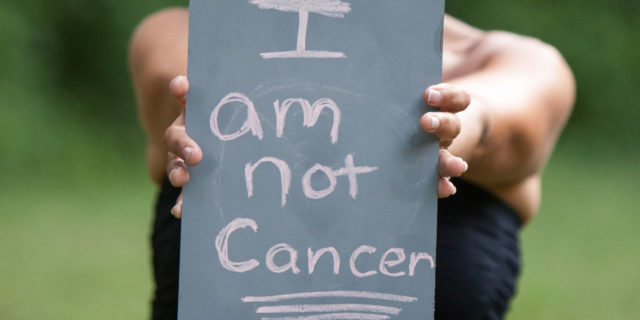Hi, my name is MyDruthers. I'm here because my wonderful therapist said it’s time to “widen my circle” in order to get the support I need right now; even twice-weekly therapy isn’t doing it, I’m reluctant to overburden my friendships, and I feel indescribably alone.
I’m dealing with so, so much, and although I’ve survived really tough stuff in my life — most recently, caring for my mom with Dementia for 8 years, surviving the breast cancer I was diagnosed with when she died 5 years ago, raising my daughter (now 15) in the midst of an abusive marriage (20 years long), leaving my psychopathic/narc ex — the current custody battle (2 years long so far, the second one in 5 years) has me nearly bottoming out in despair every week or so. I will eventually resume EMDR, since that was derailed when the current crisis hit.
My ex is also a therapist/psychologist, currently practicing , and licensed in 4 states — he is a demon, especially in the courtroom, and although I managed to get 100% custody of my child the first go-round, I’m in a different (more conservative) state now and the philosophy here is that it’s always better for kids to have relationships with both mom and dad, even when there’s been family violence, even when there’s been SA.
Current challenges: I’ve had to switch attorneys, these master manipulators continue their abuse by using the court system, and the family law system seems blind to it. Just yesterday, I received a form letter from CPS telling me they’ve closed the investigation into him, which means my child has once again been let down by someone that was supposed to watch out for her.
I’m tired of weighing my friendships down with my deep and ongoing need for support and understanding, so I’m turning to this community, which I’ve heard such great things about. I don’t know my way around, but if anything I’ve said resonates with you, please reach out. Maybe we can lift each other up. Thanks for reading. 💕
#MightyTogether #PTSD #narcdivorce #narccustody #Anxiety #Depression #ADHD




